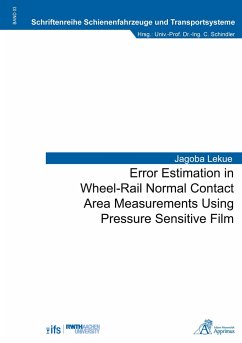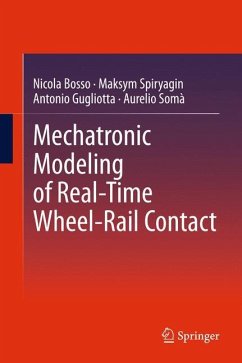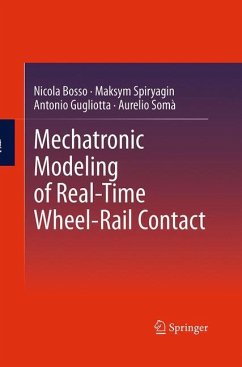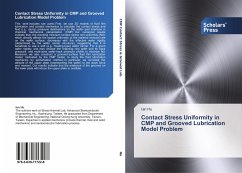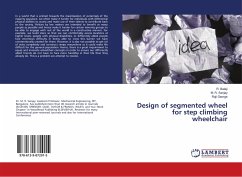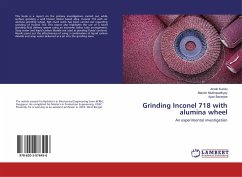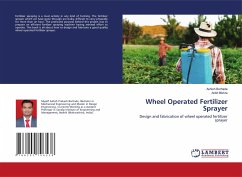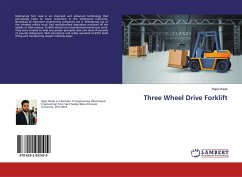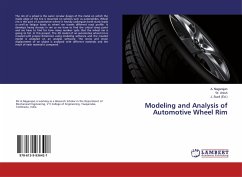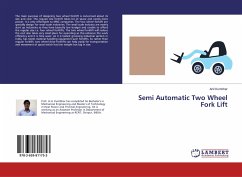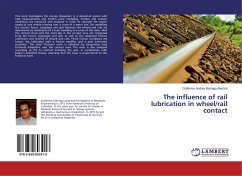
The influence of rail lubrication in wheel/rail contact
Versandkostenfrei!
Versandfertig in 6-10 Tagen
36,99 €
inkl. MwSt.

PAYBACK Punkte
18 °P sammeln!
This work investigates the energy dissipation in a wheel/rail system with field measurements and friction work modelling. Friction and contact conditions are measured and analyzed in order to calculate the power saving of one vehicle running over a curve of a metro line. For modelling the contact forces, creepages and spin between the wheels and rails are determined via simulations of a train travelling in a curve of the track. Next the contact stress and the micro-slip in the contact area are computed from the forces, creepages and spin as well as the measured friction coefficient and profile...
This work investigates the energy dissipation in a wheel/rail system with field measurements and friction work modelling. Friction and contact conditions are measured and analyzed in order to calculate the power saving of one vehicle running over a curve of a metro line. For modelling the contact forces, creepages and spin between the wheels and rails are determined via simulations of a train travelling in a curve of the track. Next the contact stress and the micro-slip in the contact area are computed from the forces, creepages and spin as well as the measured friction coefficient and profiles of wheels and rails. Three friction conditions are tested: dry, lubricated with a friction modifier and a post lubricated condition. The total frictional work is obtained by integrating local frictional dissipation over the contact area. The wear is also analyzed according to the TGamma method including the spin, in combination with Kalker's simplified theory, assuming that the wear is proportional to the frictional work.



